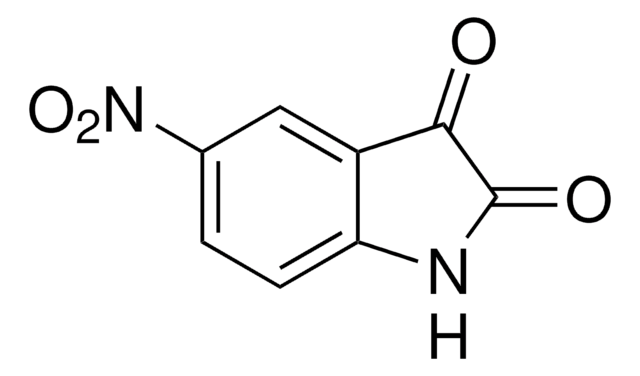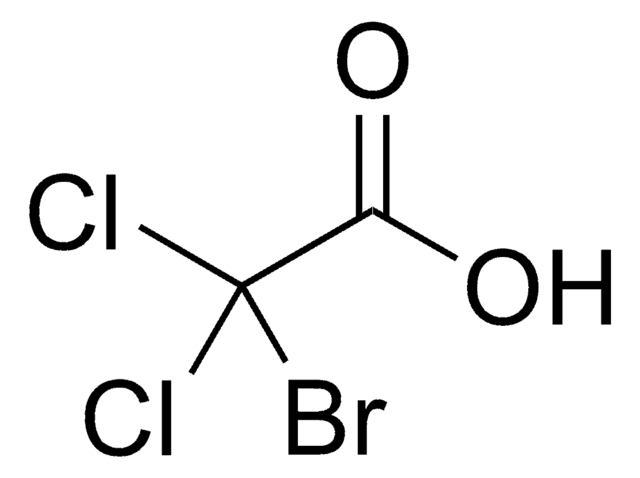214930
1,2,3,4-Tetrahydro-3-isoquinolinecarboxylic acid hydrochloride
96%
Sign Into View Organizational & Contract Pricing
All Photos(1)
About This Item
Empirical Formula (Hill Notation):
C10H11NO2 · HCl
CAS Number:
Molecular Weight:
213.66
Beilstein:
3723332
EC Number:
MDL number:
UNSPSC Code:
12352100
PubChem Substance ID:
NACRES:
NA.22
Recommended Products
Quality Level
Assay
96%
mp
>300 °C (lit.)
SMILES string
Cl[H].OC(=O)C1Cc2ccccc2CN1
InChI
1S/C10H11NO2.ClH/c12-10(13)9-5-7-3-1-2-4-8(7)6-11-9;/h1-4,9,11H,5-6H2,(H,12,13);1H
InChI key
FXHCFPUEIDRTMR-UHFFFAOYSA-N
Looking for similar products? Visit Product Comparison Guide
Application
1,2,3,4-Tetrahydro-3-isoquinolinecarboxylic acid was used in the synthesis of 10,10a-dihydroimidazo-[1,5-b]isoquinoline-1,3(2H,5H)-diones, inhibitor of inflammation, apoprotein B-100 biosynthesis and matrix-degrading metalloprotienase.
Signal Word
Warning
Hazard Statements
Precautionary Statements
Hazard Classifications
Eye Irrit. 2 - Skin Irrit. 2 - STOT SE 3
Target Organs
Respiratory system
Storage Class Code
11 - Combustible Solids
WGK
WGK 3
Flash Point(F)
Not applicable
Flash Point(C)
Not applicable
Personal Protective Equipment
dust mask type N95 (US), Eyeshields, Gloves
Choose from one of the most recent versions:
Already Own This Product?
Find documentation for the products that you have recently purchased in the Document Library.
Alan R Katritzky et al.
The Journal of organic chemistry, 67(23), 8224-8229 (2002-11-09)
Condensations of chiral diamines 11a-c with benzotriazole and formaldehyde gave benzotriazolyl intermediates 12a-c; similar condensations of alpha-amino-amides 10a-c with benzotriazole and paraformaldehyde gave 14a-c. Subsequent treatment of 12a-c and 14a-c with AlCl(3) led to enantiopure tricyclic 1,2,3,5,10,10a-hexahydroimidazo[1,5-b]isoquinolines 1a-c and 2,3,10,10a-tetrahydroimidazo[1,5-b]isoquinolin-1(5H)-ones
Wei-Jie Fang et al.
Biopolymers, 96(1), 97-102 (2010-06-19)
Peptides containing N-methylamino acids can exhibit improved pharmacodynamic and pharmacokinetic profiles compared to nonmethylated peptides, and therefore interest in these N-methylated peptides has been increasing in recent years. Arodyn (Ac[Phe¹,²,³,Arg⁴,D-Ala⁸]Dyn A(1-11)NH₂) is an acetylated dynorphin A(Dyn A) analog that is
Yingjie Zhang et al.
Bioorganic & medicinal chemistry, 18(5), 1761-1772 (2010-02-23)
Histone deacetylases (HDACs) are enzymes involved in tumor genesis and development. Herein, we report a novel series of 1,2,3,4-tetrahydroisoquinoline-3-carboxylic acid derivatives as HDACs inhibitors. The preliminary biological screening showed that most of our compounds exhibited potent inhibitory activity against HDACs.
Li Li et al.
Nanomedicine : nanotechnology, biology, and medicine, 8(7), 1216-1222 (2012-01-18)
The modification of 3S-1,2,3,4-tetrahydroisoquinoline-3-carboxylic acid (THIQA) with β-cyclodextrin (β-CD) provides an oral antithrombotic agent, 6-(3'S-isoquinoline-3'-carboxylaminoethylamino)-6-deoxy-β-CD (THIQA-β-CD). In aqueous solution THIQA-β-CD undergoes intermolecular inclusion complexation and forms pH-dependent nanostructures. The morphological feature of THIQA-β-CD is a nanocloud consisting of numerous particles
R Guerrini et al.
Bioorganic & medicinal chemistry, 6(1), 57-62 (1998-03-21)
Substitution of 1,2,3,4-tetrahydroisoquinoline-3-carboxylic acid (Tic) in place of Gly2 in dynorphin A-(1-13)-NH2 and -(1-11)-NH2 (DYN) analogues (1 and 2) decreased the affinity to the kappa, delta, and mu receptors, and kappa selectivity. The analogue [D-Ala2, des-Gly3]DYN (4), a chimera between
Our team of scientists has experience in all areas of research including Life Science, Material Science, Chemical Synthesis, Chromatography, Analytical and many others.
Contact Technical Service![1,3-Bis[4-(dimethylamino)phenyl]-2,4-dihydroxycyclobutenediylium dihydroxide, bis(inner salt) Dye content 90 %](/deepweb/assets/sigmaaldrich/product/structures/301/519/500149b3-198c-44cf-b952-7e91f54fc48e/640/500149b3-198c-44cf-b952-7e91f54fc48e.png)
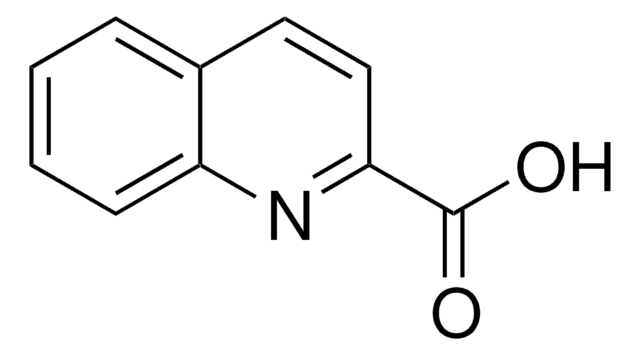

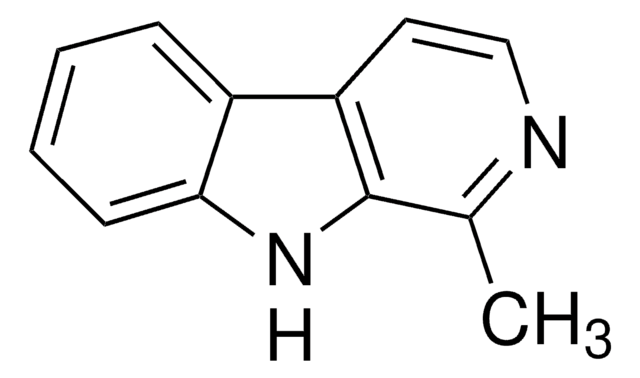
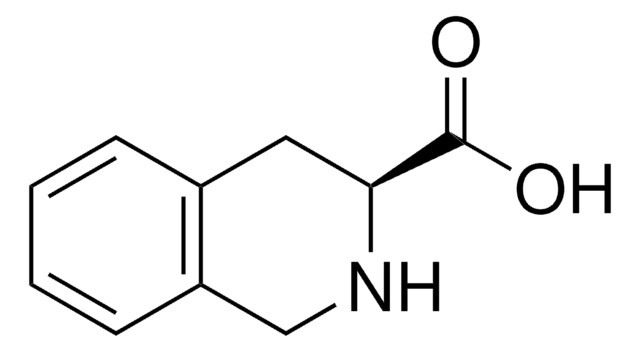
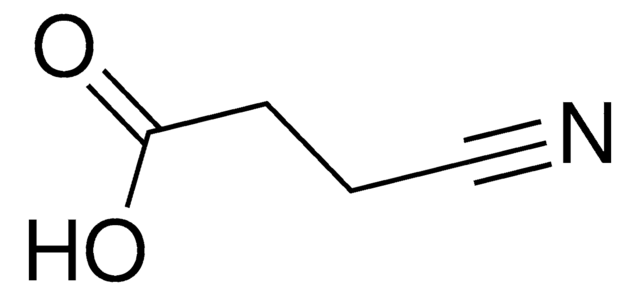
![2,4-Bis[4-(N,N-diphenylamino)-2,6-dihydroxyphenyl]squaraine 98%](/deepweb/assets/sigmaaldrich/product/structures/303/054/d8b9c845-3623-4f5a-8a30-ab6731034171/640/d8b9c845-3623-4f5a-8a30-ab6731034171.png)
